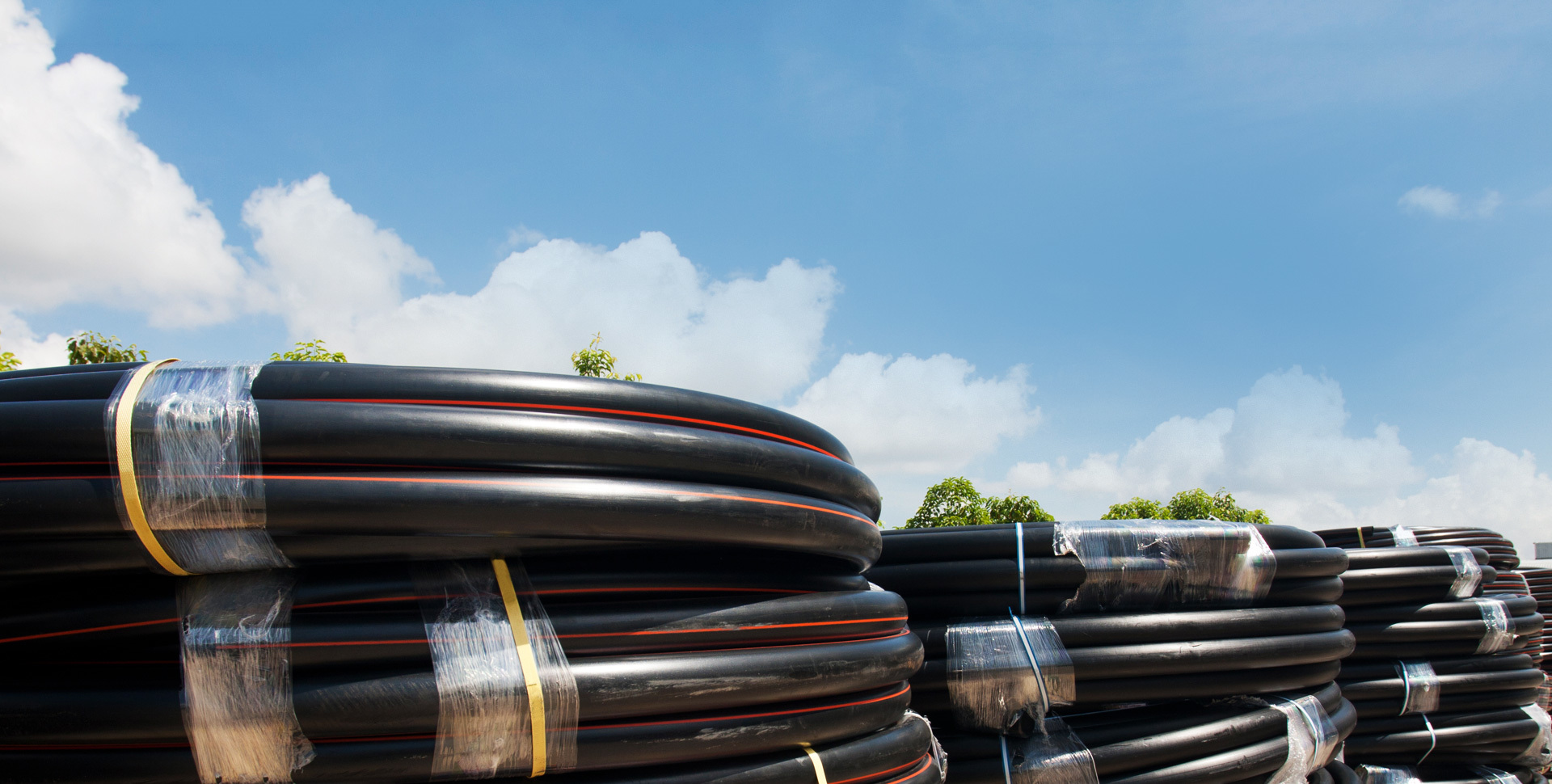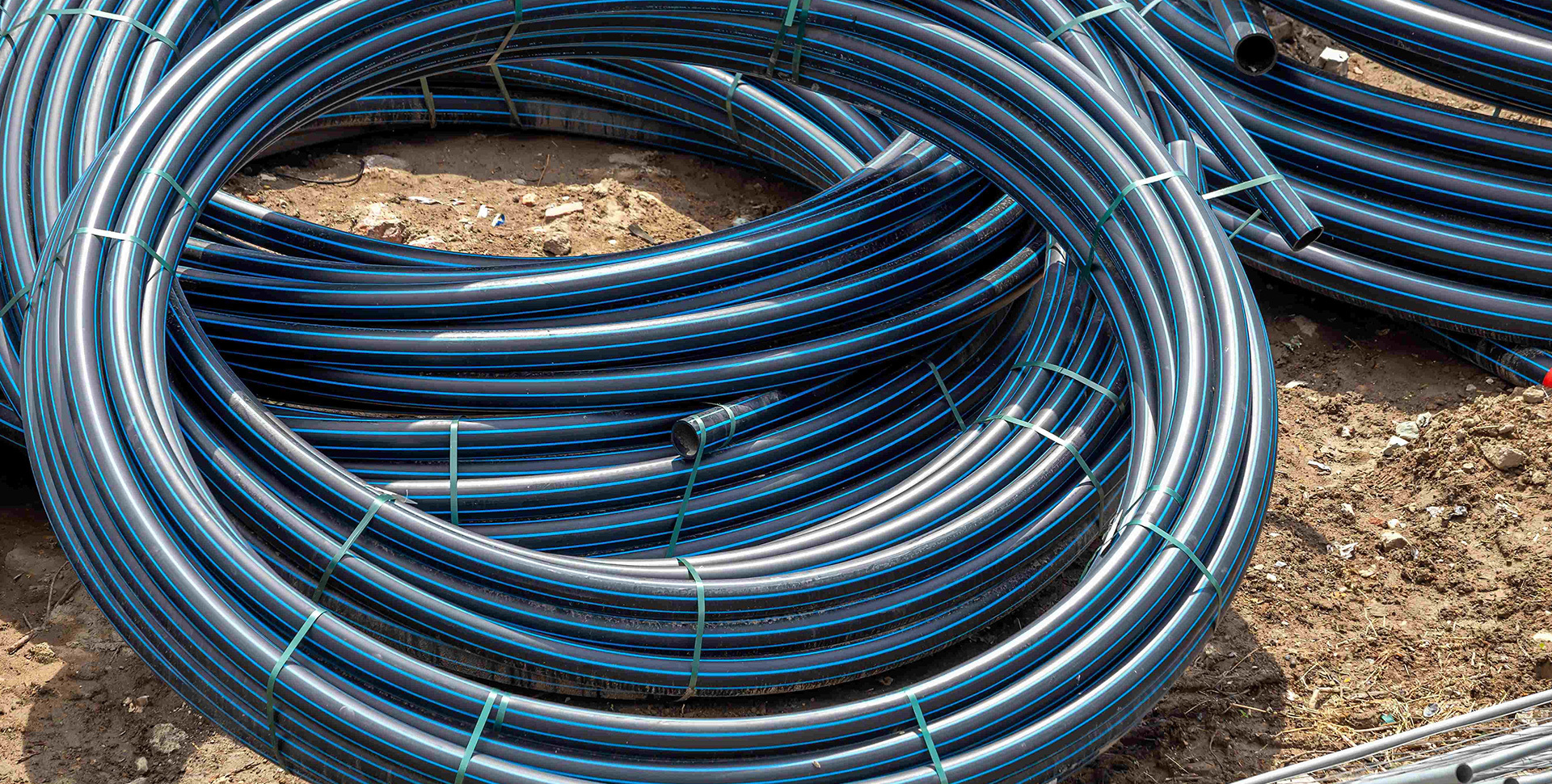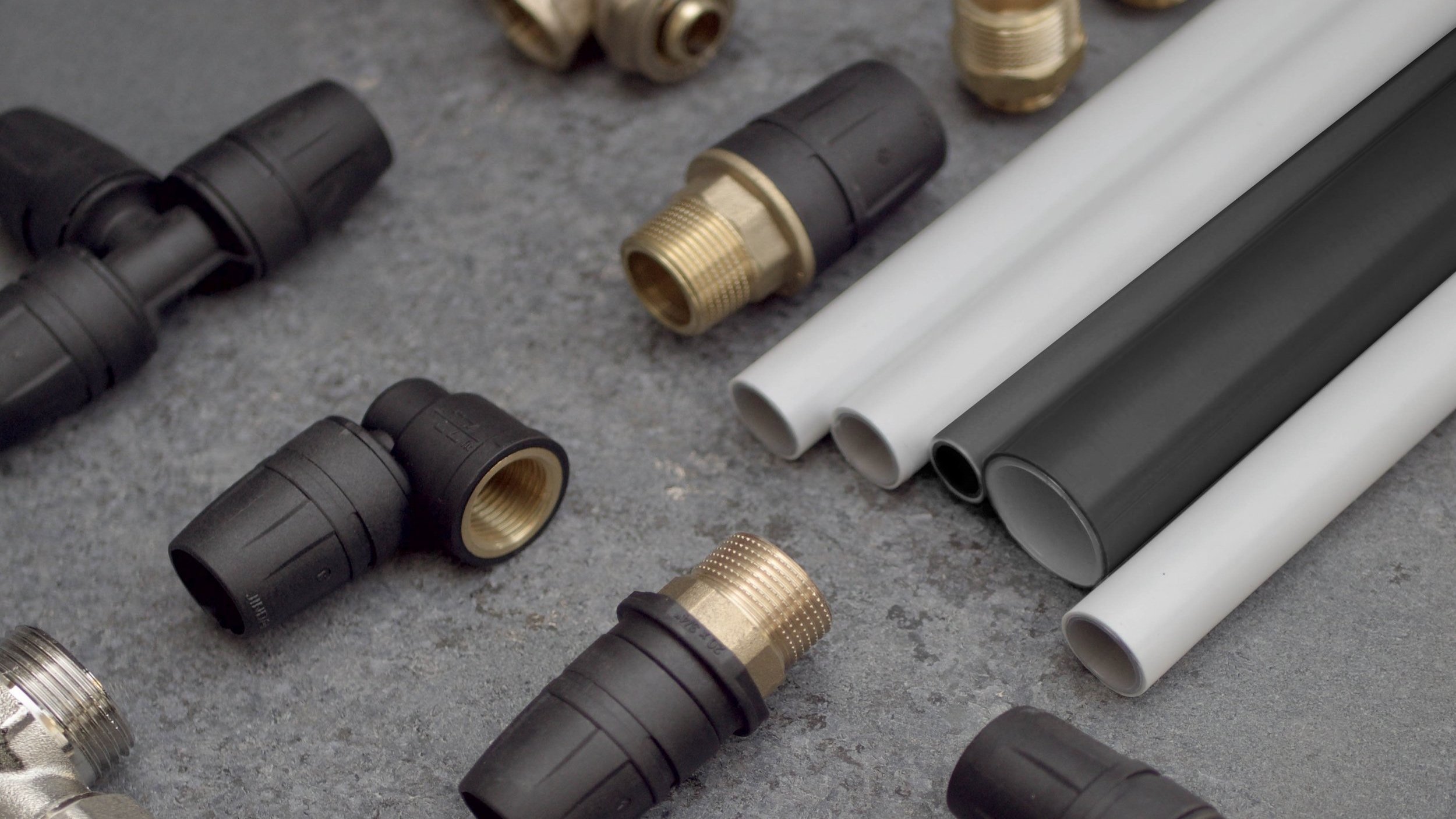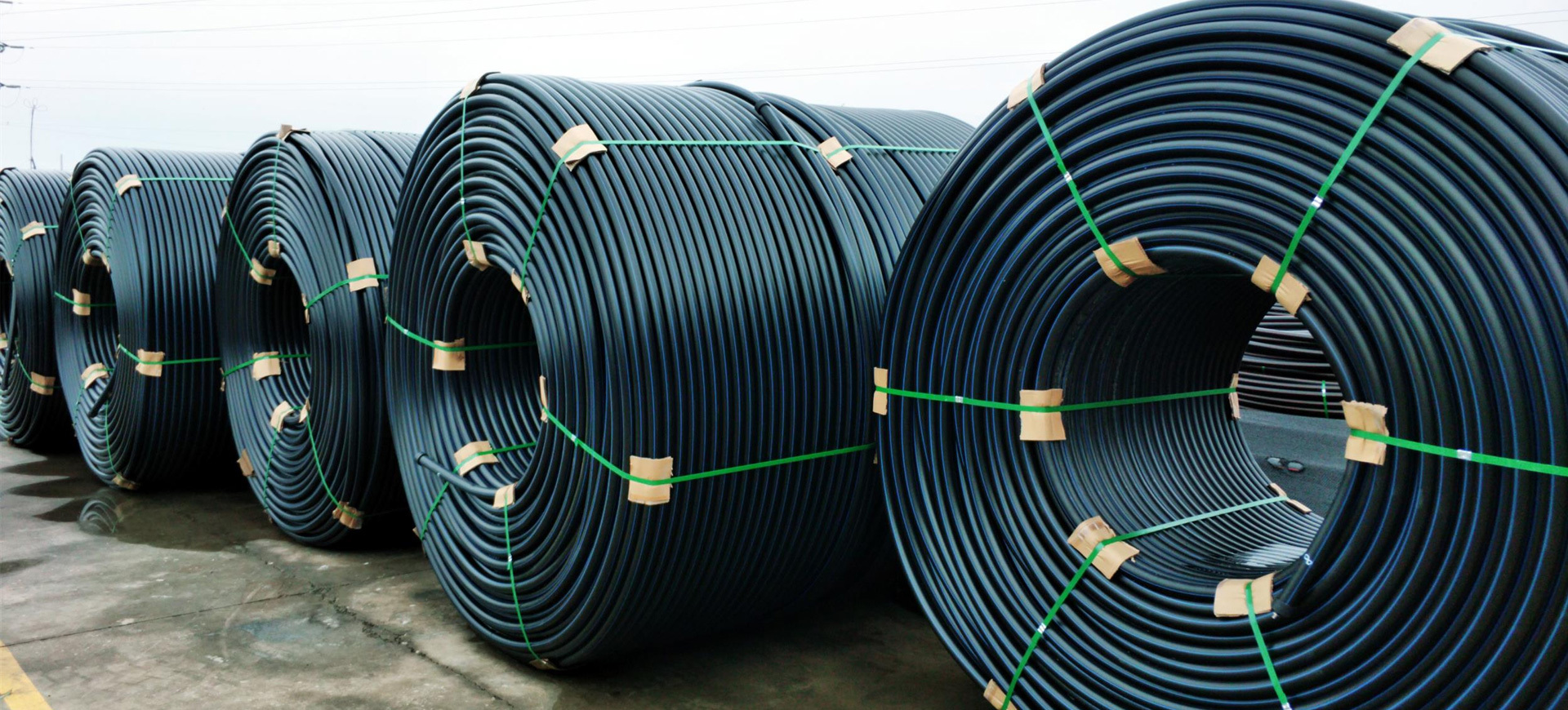The Evolution of Pipeline Technology: Embracing Porous Silicon Core Cluster Tubes
May 26,2025
The Evolution of Pipeline Technology: Embracing Porous Silicon Core Cluster Tubes
Table of Contents
- Introduction to Pipeline Technology
- Historical Development of Pipeline Systems
- Challenges in Traditional Pipeline Technologies
- Emerging Materials in Pipeline Construction
- What Are Porous Silicon Core Cluster Tubes?
- Advantages of Porous Silicon Core Cluster Tubes
- Applications of Porous Silicon Core Cluster Tubes
- The Future of Pipeline Technology
- Conclusion
- FAQs
Introduction to Pipeline Technology
In the realm of industrial infrastructures, **pipeline systems** serve as the backbone for transporting fluids and gases across various sectors. With a history that traces back thousands of years, the evolution of pipeline technology has been a journey of innovation and adaptation. As industries grow, so do the demands for more efficient, durable, and sustainable pipeline solutions. Among the latest advancements in this field is the development of **porous silicon core cluster tubes**, a cutting-edge technology that promises to redefine pipeline systems.
Historical Development of Pipeline Systems
The earliest pipelines can be traced to ancient civilizations, where rudimentary systems were constructed using clay and wood to transport water. The Industrial Revolution marked a significant shift, with the introduction of **iron and steel pipelines** that revolutionized the transport of oil, gas, and water. Over the years, pipeline technology has continued to evolve, incorporating materials like PVC, HDPE, and other composites to enhance durability and efficiency.
With the increasing complexity of industrial demands and environmental considerations, the need for innovative solutions has never been more pressing. The **advent of porous silicon core cluster tubes** represents a significant milestone in this ongoing evolution, providing a novel approach to the challenges faced by traditional pipeline systems.
Challenges in Traditional Pipeline Technologies
Despite advancements, traditional pipeline technologies face several challenges, including:
- **Corrosion and Wear**: Conventional materials are prone to corrosion, leading to leaks and reduced lifespan.
- **Weight and Flexibility**: Heavy materials can complicate installation and maintenance, while inflexible systems may fail to adapt to environmental changes.
- **Cost-Effectiveness**: The high costs of installation and repair can burden industries and lead to inefficiencies.
- **Environmental Impact**: Traditional pipelines may pose risks to the environment through leaks and contamination.
These challenges necessitate the exploration of alternative materials and designs, paving the way for the adoption of **porous silicon core cluster tubes**.
Emerging Materials in Pipeline Construction
Recent developments in material science have led to the exploration of innovative substances that can mitigate the challenges faced by traditional pipeline systems. In addition to porous silicon, other materials such as **composite polymers** and **advanced ceramics** are being researched. However, porous silicon stands out due to its unique properties:
- **Lightweight**: Porous silicon cluster tubes significantly reduce the weight of pipeline systems, making them easier to transport and install.
- **Enhanced Durability**: The inherent properties of silicon provide resistance to corrosion and wear, extending the lifespan of pipelines.
- **Environmental Adaptability**: The flexibility of porous silicon allows for installation in diverse and challenging environments without compromising integrity.
What Are Porous Silicon Core Cluster Tubes?
**Porous silicon core cluster tubes** are advanced pipeline solutions characterized by a core made of porous silicon surrounded by a protective layer of durable material. This innovative combination leverages the unique properties of silicon, including its lightweight nature and resistance to environmental degradation.
Unlike traditional materials, porous silicon allows for a controlled flow of liquids and gases while minimizing the risk of contamination. The structural design of these tubes also enhances their strength and flexibility, making them suitable for various applications in multiple industries.
Advantages of Porous Silicon Core Cluster Tubes
The adoption of porous silicon core cluster tubes offers numerous advantages, including:
1. Enhanced Corrosion Resistance
Porous silicon is inherently resistant to corrosion, ensuring that pipelines remain intact and functional even in harsh environments. This property significantly reduces maintenance costs and extends the lifespan of the pipeline.
2. Weight Reduction
One of the most notable benefits is the **lightweight nature** of these tubes. This reduction in weight facilitates easier handling, transportation, and installation, ultimately leading to lower labor costs and quicker project completion times.
3. Improved Flexibility
The flexibility of porous silicon core cluster tubes allows them to adapt to environmental changes without compromising structural integrity. This adaptability is essential in areas prone to ground movement or extreme weather conditions.
4. Enhanced Flow Efficiency
The porous structure of the silicon core allows for controlled fluid flow, minimizing turbulence and enhancing overall efficiency. This feature is particularly beneficial in applications requiring precise management of liquids and gases.
5. Environmental Safety
The use of porous silicon reduces the risk of leaks and contamination, ensuring safer operations in critical industries such as oil and gas, water treatment, and chemical processing.
Applications of Porous Silicon Core Cluster Tubes
The versatility of porous silicon core cluster tubes makes them suitable for various applications, including:
1. Oil and Gas Transmission
In the oil and gas sector, these tubes can effectively transport crude oil, natural gas, and refined products while minimizing risks associated with leaks and corrosion.
2. Water Distribution Systems
Municipal water systems can benefit from the lightweight and durable nature of porous silicon tubes, which improve efficiency and reduce maintenance needs.
3. Chemical Processing
In chemical industries, the corrosion-resistant properties of porous silicon make it an ideal choice for transporting aggressive chemicals safely.
4. Renewable Energy
As renewable energy sources continue to gain traction, porous silicon core cluster tubes can be utilized in applications such as geothermal and solar energy systems.
5. Agricultural Irrigation
These tubes can also play a vital role in agricultural irrigation systems, providing efficient water distribution while minimizing waste.
The Future of Pipeline Technology
As industries evolve, the demand for innovative pipeline solutions will only increase. The introduction of porous silicon core cluster tubes heralds a new era in pipeline technology, addressing the pressing challenges associated with traditional materials.
With continued advancements in material science and manufacturing techniques, we can expect to see further improvements in pipeline systems' efficiency, safety, and sustainability. Future research may focus on integrating smart technologies into pipeline systems, allowing for real-time monitoring and maintenance, ensuring optimal performance in various applications.
Conclusion
The evolution of pipeline technology has been marked by significant milestones, culminating in advanced solutions such as **porous silicon core cluster tubes**. These innovative tubes offer a plethora of advantages, including enhanced durability, reduced weight, and improved environmental safety, making them a game-changer in pipeline systems. As industries continue to demand better and more efficient solutions, the adoption of porous silicon technology will pave the way for a more sustainable and resilient future in pipeline infrastructure.
FAQs
1. What are the primary advantages of porous silicon core cluster tubes?
Porous silicon core cluster tubes offer enhanced corrosion resistance, lightweight properties, improved flexibility, and increased flow efficiency.
2. In which industries can porous silicon core cluster tubes be used?
These tubes can be utilized in various industries, including oil and gas, water distribution, chemical processing, renewable energy, and agricultural irrigation.
3. How do porous silicon tubes compare to traditional pipeline materials?
Porous silicon tubes are lighter, more flexible, and more resistant to corrosion than traditional materials, leading to lower maintenance costs and longer lifespans.
4. Are porous silicon core cluster tubes environmentally friendly?
Yes, they reduce the risk of leaks and contamination, promoting safer operations and minimizing environmental impact.
5. What is the future of pipeline technology?
The future of pipeline technology lies in the continued development of innovative materials like porous silicon, along with the integration of smart monitoring systems for enhanced efficiency and safety.
Latest News





